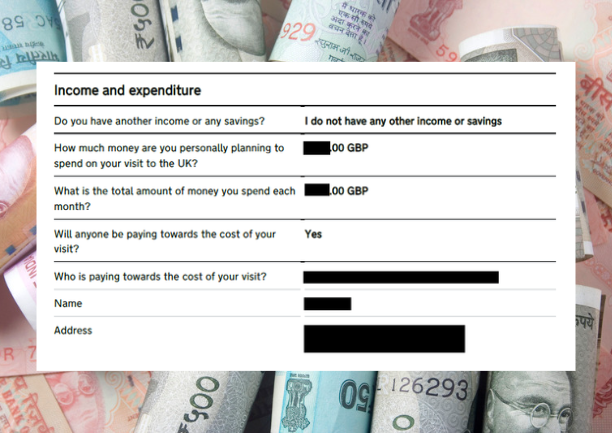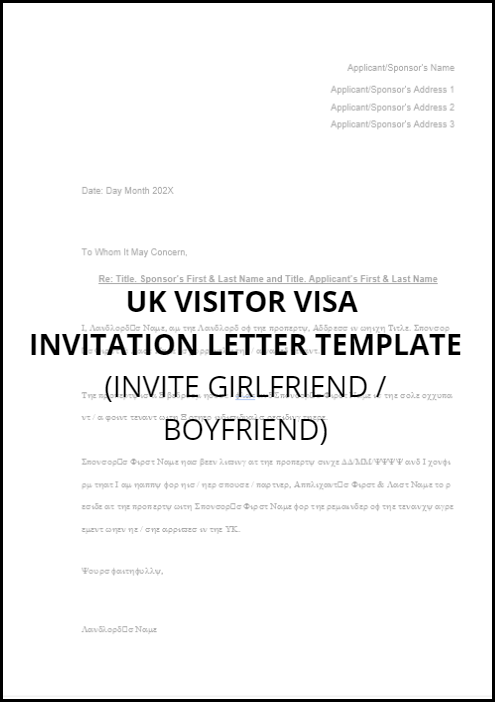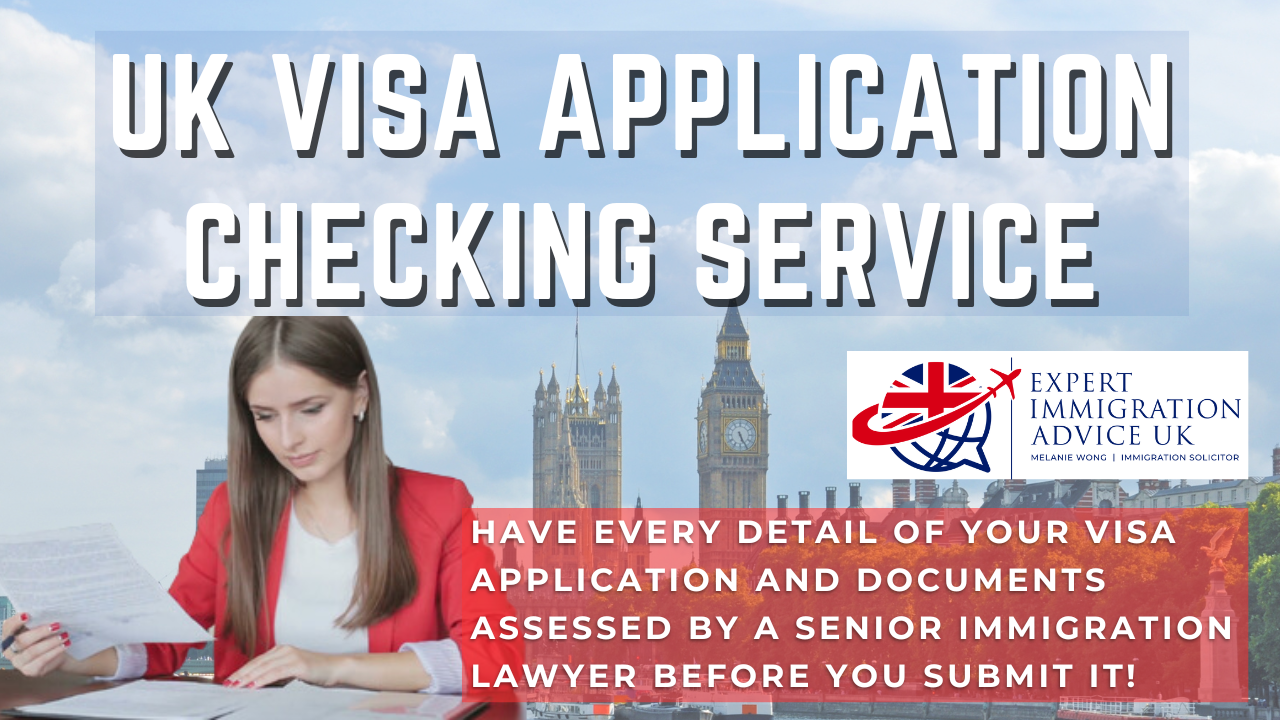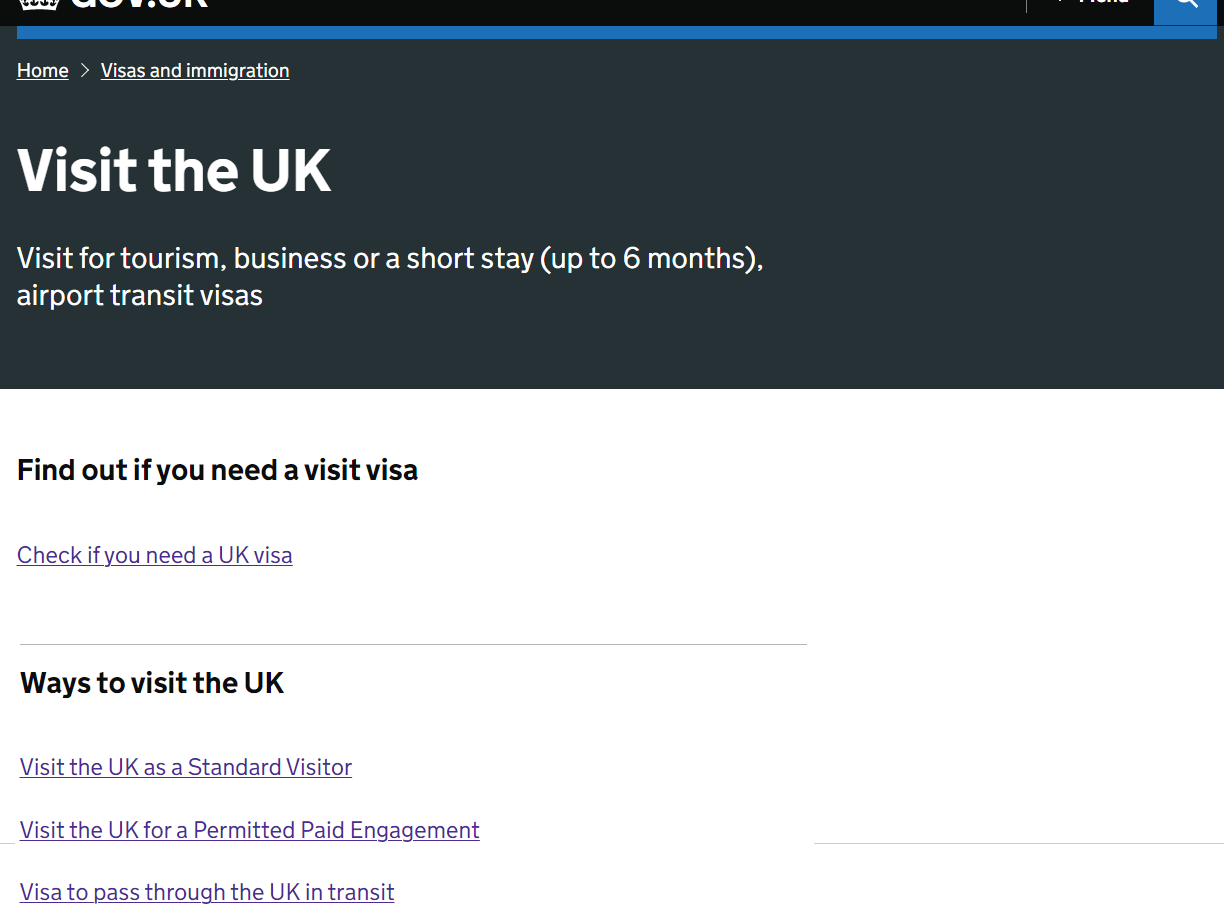How do I Prove I can Afford My Trip to the UK when Applying for a UK Visitor Visa?
Share this:
Securing a UK visit visa involves satisfying several criteria, among which being able to financial support yourself is paramount. While there are no official financial requirement or specific evidence required for a UK visitor visa application, the applicant being able to demonstrate they have sufficient funds to cover all expenses during their visit is crucial. When visitor visa applications are refused, in the refusal letter, the Home Office case worker will often reference the applicant's financial circumstances and/or incomplete or insufficient evidence to support their financial situation.
Common concerns for those planning to apply for a UK visitor visa, include 'how much money they need to show they have for their visit' or 'the type of documents they need to provide to prove they have the necessary funds for their trip'.
In this article, we will cover the element of finances (and the significance it has) for your UK Visitor visa application.

What are the general Visitor Visa Requirements?
As well as having a valid passport/travel document for the duration of your trip, the Home Office will also require you to sufficiently demonstrate that you are coming to the UK as a 'genuine visitor' i.e. you are coming to the UK for a short stay, and will then return to your country of origin/residence once your trip has ended. Therefore you will need to clearly evidence:
- The purpose of your visit to the UK (which will need to be a permitted activity in accordance to the type of visitor visa you are applying for)
- That you will leave the UK when you finish your visit
- You have sufficient funds for your travel from and return to your home country
- You will be able to financially support yourself and your dependants during your stay
- You are not attempting to establish permanent residence in the UK or make it your primary residence by frequent or consecutive visits
Proving your Genuine Intention to Visit the UK
Again, a key requirement for the UK visit visa is proving you are a genuine visitor. Which means you must intend to leave the UK at the end of your visit. Financial evidence can play a significant role here, as it helps demonstrate your ties to your home country. If you have regular income, significant savings, or financial commitments back home, it indicates a strong incentive for you to return back to your country of residence.
Assessing your Financial Circumstances
Home Office Case workers consider your overall financial situation, including the proportionality of your trip's cost to your income, to assess the likelihood of your return back to your home country. While you may be able to show that you have the funds available to cover your stay, if the cost of your trip appears to be significantly higher in relation to what you actually earn, the decision maker may question your true motives for coming to the UK.
Importance of Personal and Economic Ties
Personal and economic ties to your home country are vital in the Home Office assessing the likelihood of you returning home after your visit. Strong ties include ongoing employment, property ownership, family responsibilities or significant community involvement. Financial documents that highlight these ties, such as mortgage statements or proof of family relationships, can be particularly compelling.

What Financial Documents Should you Provide?
You must be able to prove that you will be able to financially support yourself (and any dependants) for the duration of your trip, including being able to pay for your return/onward travel and any other costs you are likely to incur during your visit. Applicants will need to provide detailed and verifiable financial documents to evidence their respective income. These might include:
- Bank Statements: covering several months showing regular deposits and a healthy account balance.
- Payslips: Recent payslips corresponding with your bank deposits help verify your employment income.
- Employment Letter / Contract: A letter from your employer stating your job role, salary, and approval of your leave can strengthen your application.
- Tax Returns: If you are self-employed or run a business, tax returns may be applicable to verify your income
Overcoming Challenges with your current Financial Situation
Applicants who have irregular income or no current employment face additional challenges, but can still present a strong case by emphasising other ties to their home country. For example, students can show evidence of ongoing studies, while those between jobs might provide proof of job offers or active job searches.
How to Prepare your Documents
Meticulous preparation and organisation of documents give you the best chance of a successful visa application. Here are some recommendations:
- Organize Financial Documents: Present bank statements, payslips, and other financial documents in a clear and logical order.
- Highlight Regular Income: Make sure your financial documents show a clear pattern of regular income and sufficient savings.
- Include Explanatory Letters: If there are any unusual transactions or gaps in employment, include a letter explaining these anomalies.
- Document All Sources of Income: If you have multiple sources of income, provide evidence for each to paint a complete financial picture.
Common Pitfalls to Avoid
Some common mistakes which can jeopardise your application include:
- Insufficient Documentation: Failing to provide enough financial evidence can lead to a refusal.
- Unexplained Discrepancies: Inconsistent information or unexplained large deposits can raise suspicions.
- Overlooking Details: Small errors or omissions in financial documents can be problematic. Double-check all information for accuracy.

What if a Someone is Helping me Fund my Trip?
If a third party is providing you with any financial support and/or accommodation for your visit, they should be a relative, friend or someone you have a genuine personal or professional connection to.
If they are based in the UK, they need to be a British citizen or legal resident in the UK (known as the resident sponsor).
The Home Office case worker will also assess your relationship to the person providing you with financial support and require them to confirm:
- How you are related, or when and how you met each other
- How often you are in contact and how you communicate
- That they have sufficient funds to support themselves and any dependants, as well as you
The person providing you with financial support can address the above with a letter of support. If they are UK resident, this is also known as an invitation letter.
As well as the letter confirming they will be supporting you financially for your visit, they will also need to provide relevant financial evidence (covered earlier in the article) to prove that they are able to help you financially during your trip to the UK.
What other Reasons can my Visitor Visa Application be Rejected?
Other criteria the Home Office will assess to determine whether an individual will be a genuine visitor, include:
- If the applicant's intentions to come to the UK fall within the list of permitted activities
- The applicant's immigration history
True Purpose of your visit to the UK
Refusals can occur when the Home Office suspects you are not being truthful regarding your full intentions for coming to the UK. Lack of details regarding the reason for your visit could make them question the duration of your stay, or the plans you are making/have made.
If the purpose of your visit is unclear, the Home Office may assume that you are not being honest about wanting to come to the UK solely to visit.
Previous Immigration history
The Home office will also assess the applicant's immigration history, especially if the individual has been to the UK in the past. If they have visited the UK in the past, any breach of the immigration rules e.g. unjustified overstaying, will be detrimental to the visitor visa application.
Related Posts
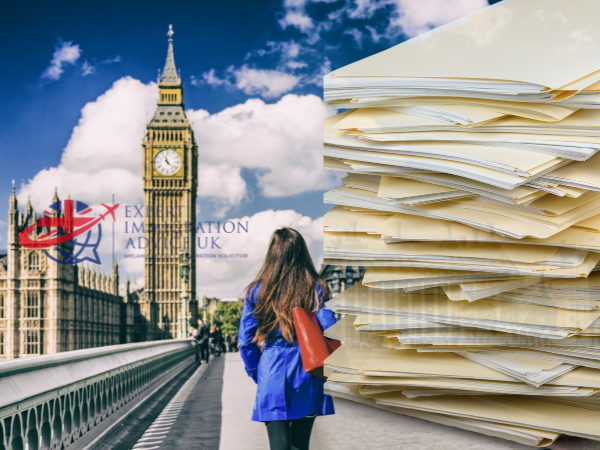
Share this:
While every effort has been made to ensure that the information and law contained in this article is accurate and current as of the date of publication, we accept no responsibility for its accuracy or for any loss or damages arising from accessing, or the reliance, of this guidance.
Please also note that the information does not represent a complete statement of the Law and does not constitute legal advice.
If you would like specific professional advice about your UK immigration matter, please consider booking a consultation or one of my other legal services.
Making a UK Visa or Settlement application can be a stressful experience, and whilst there is a lot of ‘free’ information online, finding clear expert guidance that is up to date, and in line with your specific requirements can be a daunting task.
If you have any concerns about your case, it is recommended to reach out for advice from a trusted legal professional.


